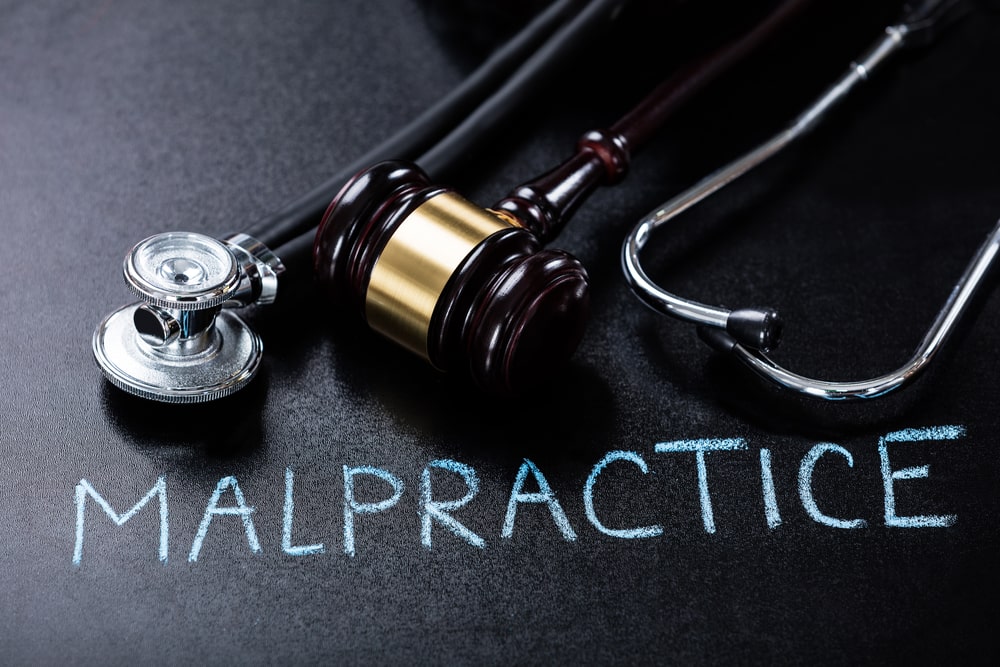Medical Malpractice
Medical malpractice occurs when a healthcare provider’s actions or omissions deviate from accepted standards of practice, resulting in harm to a patient. These cases can be complex and challenging, requiring thorough investigation, expert testimony, and legal guidance to establish liability and pursue compensation for the victim’s injuries and losses.
1. Elements Of Medical Malpractice
To establish a medical malpractice claim, the following elements must typically be proven:
Duty of Care: The healthcare provider owed a duty of care to the patient, meaning they had a legal obligation to provide treatment in accordance with accepted medical standards.
Breach of Duty: The healthcare provider breached the duty of care by failing to meet the standard of care expected of a reasonably competent practitioner in the same field or specialty.
Causation: The breach of duty directly caused the patient’s injuries or harm, and there is a clear link between the provider’s actions or omissions and the adverse outcome.
Damages: The patient suffered damages, such as physical injuries, emotional distress, additional medical expenses, loss of income, or diminished quality of life, as a result of the medical error or negligence.
2. Common Types Of Medical Malpractice
Medical malpractice can take various forms, including:
Surgical Errors: Mistakes made during surgery, such as wrong-site surgery, improper incisions, organ perforation, anesthesia errors, or leaving surgical instruments or sponges inside the patient’s body.
Misdiagnosis or Delayed Diagnosis: Failing to diagnose a medical condition correctly or in a timely manner, leading to delayed treatment, disease progression, and worsening of the patient’s condition.
Medication Errors: Administering incorrect medications, incorrect dosages, or drugs to which the patient is allergic, resulting in adverse reactions, drug interactions, or harm to the patient.
Birth Injuries: Injuries sustained by newborns or mothers during childbirth due to medical negligence, such as improper delivery techniques, failure to monitor fetal distress, or delays in performing emergency procedures.
3. Challenges In Medical Malpractice Cases
Medical malpractice cases can be challenging due to various factors:
Complexity of Medical Issues: Medical malpractice cases often involve complex medical issues, terminology, and procedures that may be difficult for jurors to understand without expert testimony and explanation.
Burden of Proof: Plaintiffs in medical malpractice cases must meet a high burden of proof, demonstrating that the healthcare provider’s actions or omissions directly caused their injuries or harm.
Statute of Limitations: There are strict deadlines, known as statutes of limitations, for filing medical malpractice claims, which vary by state and may limit the time frame within which a lawsuit can be filed.
4. Legal Remedies For Medical Malpractice
Victims of medical malpractice may be entitled to various forms of compensation, including:
Compensatory Damages: Damages intended to compensate the victim for their injuries, medical expenses, lost income, pain and suffering, and other losses resulting from the malpractice.
Punitive Damages: In cases involving egregious misconduct or intentional harm, punitive damages may be awarded to punish the defendant and deter similar behavior in the future.
5. Role Of Medical Malpractice Lawyers
A medical malpractice lawyer plays a crucial role in advocating for the rights of victims and pursuing compensation on their behalf. These attorneys have experience in medical law, access to medical experts, and experience navigating the complexities of malpractice litigation.
Medical malpractice legal cases involve complex legal and medical issues, requiring thorough investigation, expert testimony, and legal knowledge to establish liability and pursue compensation for victims. By understanding the elements of medical malpractice, common types of negligence, challenges in litigation, available legal remedies, and the role of medical malpractice lawyers, individuals can take steps to protect their rights and seek justice in cases of medical negligence or malpractice.

